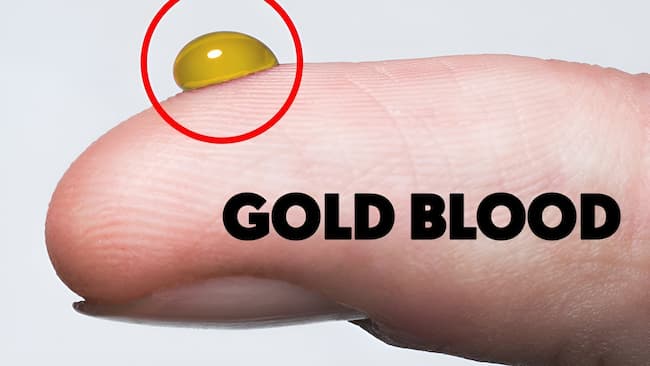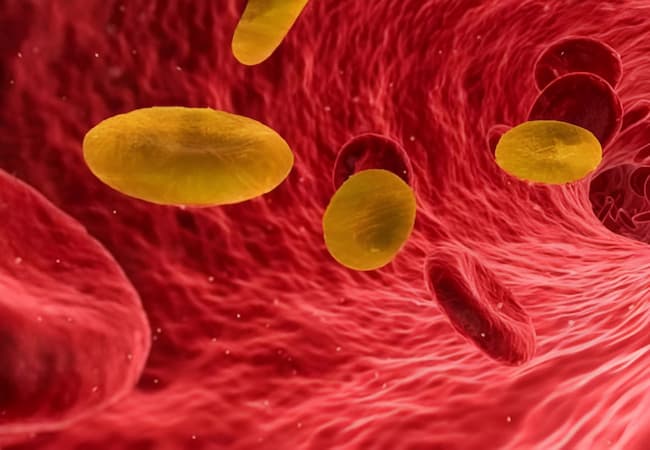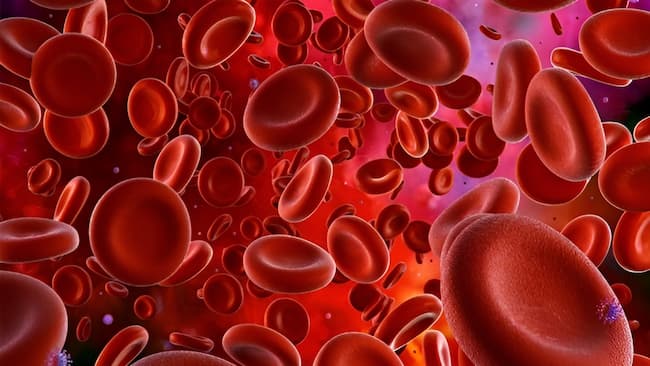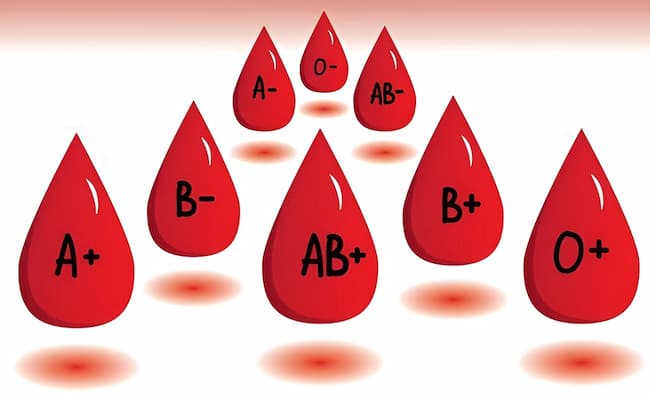According to experts, an important characteristic determines the blood type in each individual. Human beings possess various blood groups, but why is one type likened to “golden”?

Have you ever wondered why there are different blood groups? The answer will be revealed in this article.

Scientists state that adults typically have a blood volume of 5-6 liters for males and approximately 4.5-5.5 liters for females. The blood volume usually accounts for about 6-8% of the body weight. Blood consists of cells such as red blood cells, white blood cells, platelets, and plasma.
Experts explain that human beings have different blood groups. While we often focus on blood groups A, B, AB, or O and their positive or negative types, our blood groups are much more complex.
Red blood cells in the blood contain a protein called hemoglobin, which binds with oxygen. This enables the cells to transport oxygen throughout the body.

However, they also possess a complex protein on the surface of the cell membrane. These proteins are known as antigens and play a role in interacting with white blood cells and immune cells to aid the body in fighting infections.
Antigens serve as recognition markers that allow the immune system to identify the body’s own cells without attacking them as foreign objects. Scientists reveal that two types of antigens, A and B, determine our blood groups.
Why do we have four blood groups derived solely from these two antigens?
These antigens are encoded by three different alleles, variations of a specific gene. While alleles A and B encode antigens A and B respectively, allele O does not encode any antigens.
In fact, since we inherit a copy of each gene from both parents, each person has two alleles that determine their blood group. The dominance of one allele over another depends on their characteristics. Specifically, for blood groups, both alleles A and B are dominant, while allele O is recessive. Therefore, if allele A combines with A, it results in blood group A, and allele B with B yields blood group B. On the other hand, the dominance produces both antigens A and B, resulting in blood group AB.
Similarly, allele O is recessive, so when paired with alleles A or B, it will be overshadowed, resulting in blood groups A or B.
In the final case, if we inherit both alleles O from both parents, the blood cells will lack antigens A and B, leading to blood group O.
Based on these interactions, if we know the blood groups of both the father and mother, we can predict the relative probability of the child’s blood group.

Why is blood type important?
The rarest blood group in the world today is called Rh-null.
According to experts, correctly determining blood type is vital for survival in blood transfusions. Specifically, if a person with blood type A receives blood from blood type B, or vice versa, their antibodies will reject foreign antigens and attack them.
In contrast, individuals with blood group AB produce both antigens A and B, so they do not generate antibodies against them. Therefore, people with blood group AB can receive any blood type. This makes individuals with blood group AB universal recipients.
Similarly, individuals with blood type O do not produce antigens A and B, making them universal donors. However, the immune system of these individuals generates antibodies to reject all other blood types, except blood type O.
Unfortunately, the compatibility between blood donors and recipients is even more complex in reality due to the accompanying antigen systems, particularly the Rh factor.
Scientists explain that Rh+ or Rh- refers to the presence or absence of the antigen D in the Rh blood group system. This factor not only hinders certain blood transfusion processes but can also cause severe complications during pregnancy. If a Rh- mother carries an Rh+ baby, her body will produce Rh antibodies. These antibodies can cross the placenta and attack the fetus, leading to a condition known as hemolytic disease of the newborn.
In fact, the rarest blood group in the world today is called Rh-null. This blood group has the unique characteristic of not possessing any Rh antigens. There are fewer than 50 individuals worldwide with this blood group. Due to its extreme rarity, it is often referred to as the “golden blood” group.
The connection between blood type and human personality traits has not been acknowledged by science.
Some cultures believe that blood type is related to personality traits, although this is not scientifically recognized. While blood type proportions vary among different human communities, scientists still do not fully understand why they have developed in such a way. It may be due to protection against inherited blood diseases or random genetic inheritance.
Different species have different sets of antigens. As evidence, humans have only four main blood groups, while dogs have been found to have 13 blood groups.

